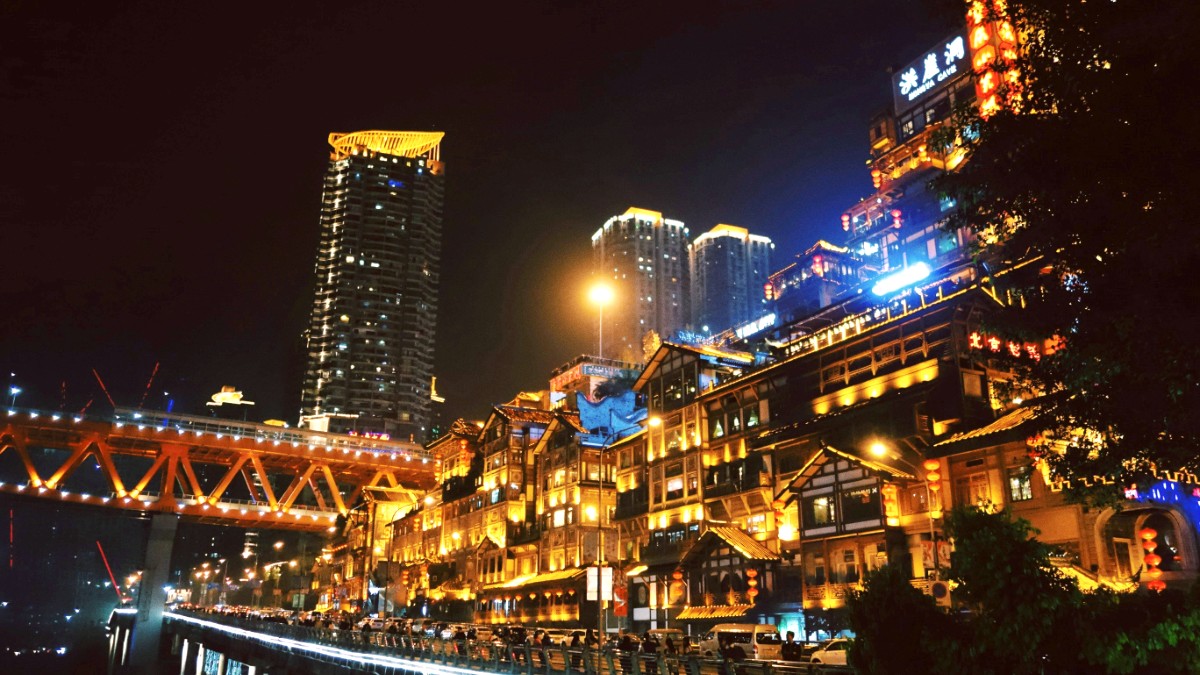
China
China has three major mobile providers: China Mobile, China Unicom, and China Telecom. Purchase local SIM cards at official stores with your original passport for mandatory real-name registration. Consider an eSIM for convenience.
China operates a robust internet censorship system, the "Great Firewall." Many international websites and apps are blocked.
Mandarin Chinese (普通话 - Pǔtōnghuà) is the official language. Chongqing locals speak a Sichuanese variant. English proficiency is limited outside major international hotels and tourist sites.
Learning basic phrases significantly aids interactions. China Post is reliable for sending postcards and parcels.
China Post handles mail and parcels. Major international courier services (DHL, FedEx, UPS) operate in Chongqing for faster, higher-cost shipping options.
Operating hours and holidays influence your travel plans.
Government Offices: Monday-Friday, 9:00 AM - 5:00 PM (with lunch breaks). Banks: Monday-Friday, 9:00 AM - 5:00 PM; some limited Saturday hours. ATMs are 24/7. Shops: Generally 10:00 AM - 10:00 PM in commercial districts; convenience stores are longer.
Restaurants: Breakfast early (6:00-7:00 AM); lunch around 11:30 AM; dinner into late evening. Attractions/Museums: Typically 9:00 AM - 5:00 PM or 6:00 PM. Many museums close Mondays.
Chinese New Year (Spring Festival - Jan/Feb): Businesses close, transport crowded. Labor Day (May 1-5) and National Day (Oct 1-7, "Golden Week") are very busy travel periods. Qingming Festival (Apr), Dragon Boat Festival (June), Mid-Autumn Festival (Sep) also impact schedules.
Planning your trip to avoid major public holidays is advisable if possible, as transportation, accommodation, and attractions become extremely crowded and more expensive.
Some attractions might have reduced hours in the low season (winter). Always confirm specific opening times on official websites or reliable travel apps, especially around holidays.
Always check specific opening times, especially around holidays, on official websites or reliable travel apps to stay updated on schedules and potential closures.
Adhering to local customs shows respect and creates better interactions.
A simple "Nǐ hǎo" (hello) is appropriate. A nod or slight bow is common, especially when showing respect. Handshakes are common in formal settings or when meeting new people.
Tipping is not customary or expected in China. Do not offer tips unless in a very specific, high-end service context where it might be reluctantly accepted.
Avoid discussing sensitive political topics.
Chongqing is generally safe for female solo travelers. Standard precautions apply, like avoiding isolated areas at night.
Adhering to local customs shows respect and makes for a more pleasant travel experience for everyone.
Chongqing's unique geography presents challenges for travelers with mobility needs.
Chongqing's mountainous terrain makes it one of the more challenging cities in China for mobility-impaired travelers.
Some major modern attractions and luxury hotels have accessible facilities (ramps, elevators). Research specific sites beforehand to confirm their accessibility features.
Dedicated services for travelers with visual or hearing impairments are limited. Information specifically for accessible travel for international visitors is scarce.
While challenges exist, a well-planned itinerary focusing on more accessible areas can still lead to a rewarding visit.